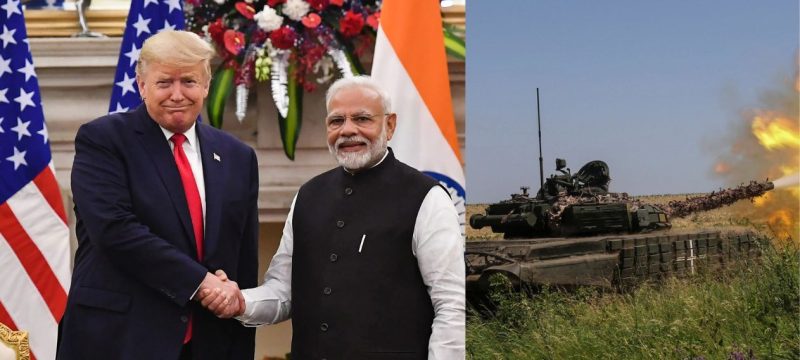Amid rising tensions in South Asia, the United States has approved a $130 million defense agreement with India, drawing considerable attention from regional observers. The package includes maritime vision software and training, with the U.S. Defense Security Cooperation Agency (DSCA) confirming the deal on Monday.
The U.S. has clarified that the deal aims to bolster India’s maritime strength and is not intended to alter the regional military balance. American officials believe the move could aid in stabilizing a region long troubled by hostilities between India and Pakistan—two nuclear-armed nations with deep-rooted disputes.
However, the announcement has sparked concern in Pakistan, especially following the April 22 terrorist attack in Pahalgam, Kashmir, which escalated hostilities between the two neighbors. India’s subsequent actions, such as halting the Indus Water Treaty and expelling Pakistani diplomats, have worsened relations.
In response, U.S. Secretary of State Antony Blinken held a phone conversation with Pakistani Prime Minister Shehbaz Sharif. Sharif voiced alarm over India’s aggressive stance and urged the U.S. to play a role in reducing tensions. He reminded Blinken of Pakistan’s heavy sacrifices in the global fight against terrorism—over 90,000 lives lost and $152 billion in economic damage.
Sharif condemned India’s actions, describing them as distractions from Pakistan’s ongoing counterterrorism efforts. He also raised alarm about terror threats emanating from Afghanistan, including ISKP and TTP.
Pakistan’s National Security Committee has adopted a tough diplomatic stance, reducing India’s diplomatic presence to 30 officials and emphasizing that any interference with water flows under the Indus Water Treaty would be considered an act of aggression.
As tensions continue to climb, international bodies including the United Nations have urged both nations to step back from confrontation and prioritize dialogue to avoid further escalation.





